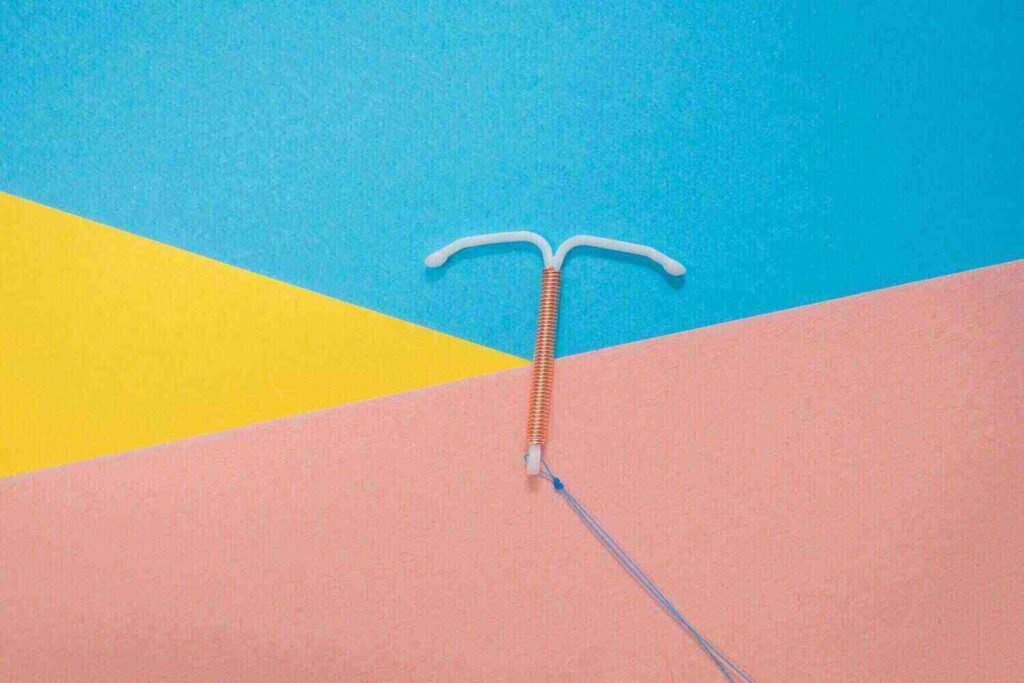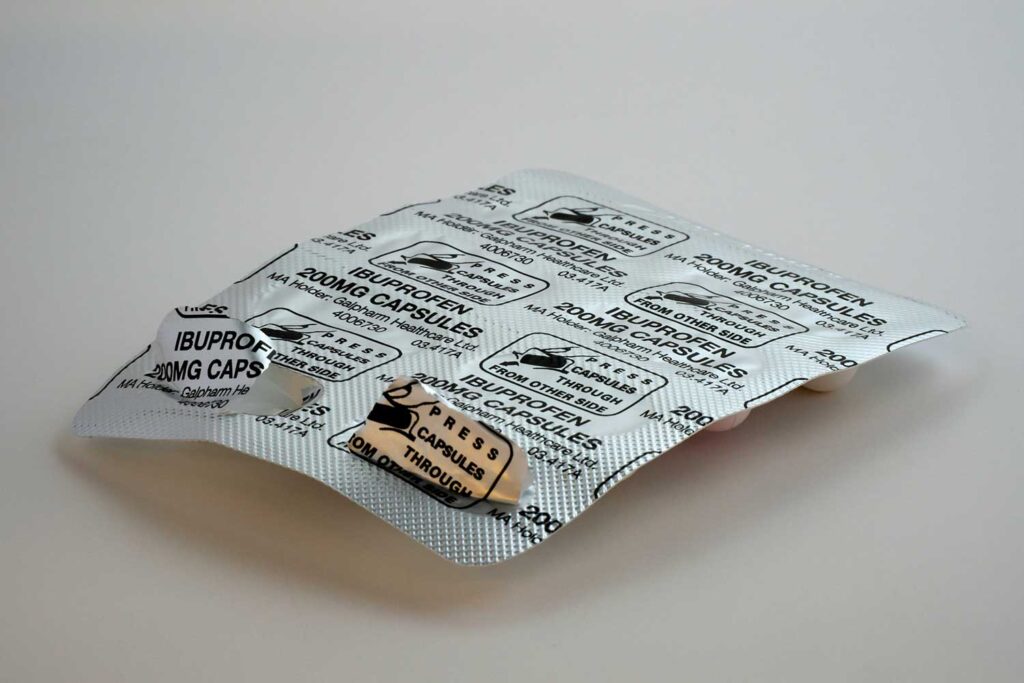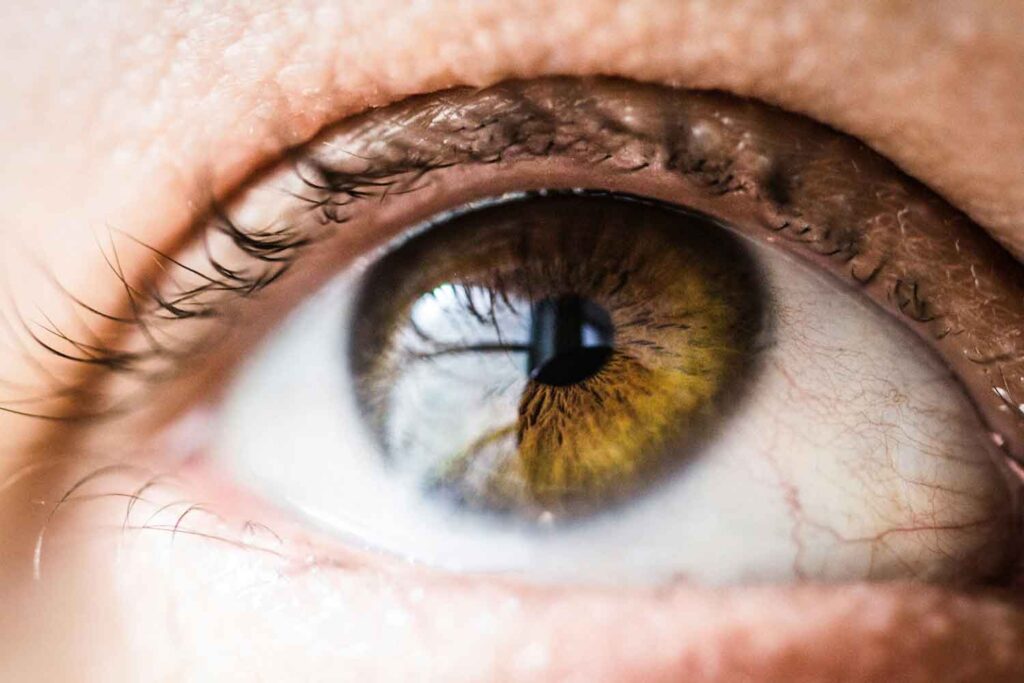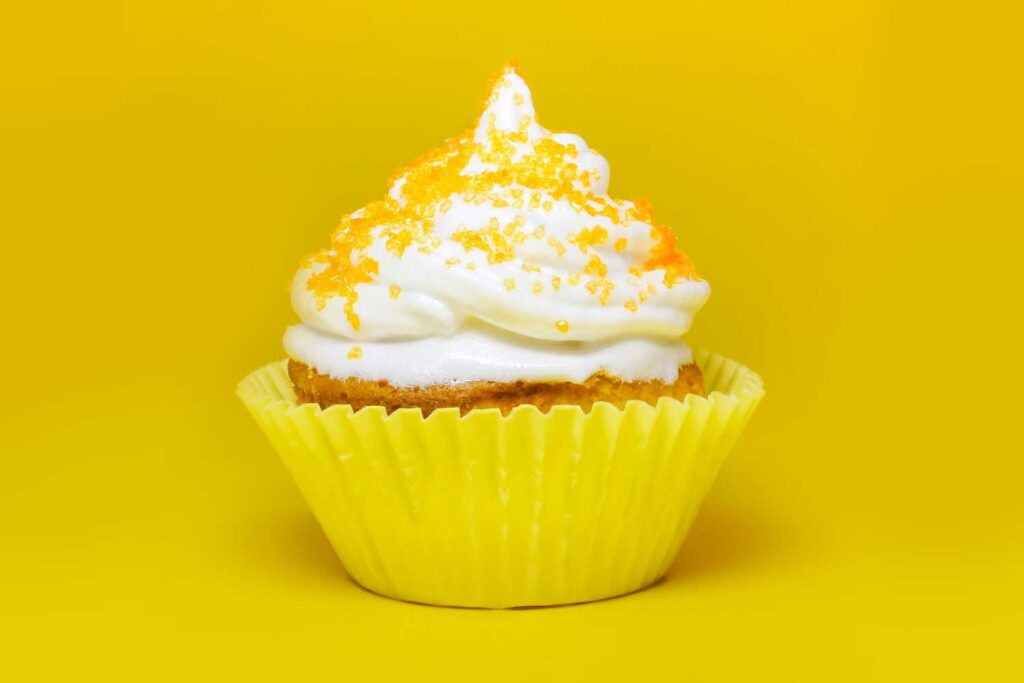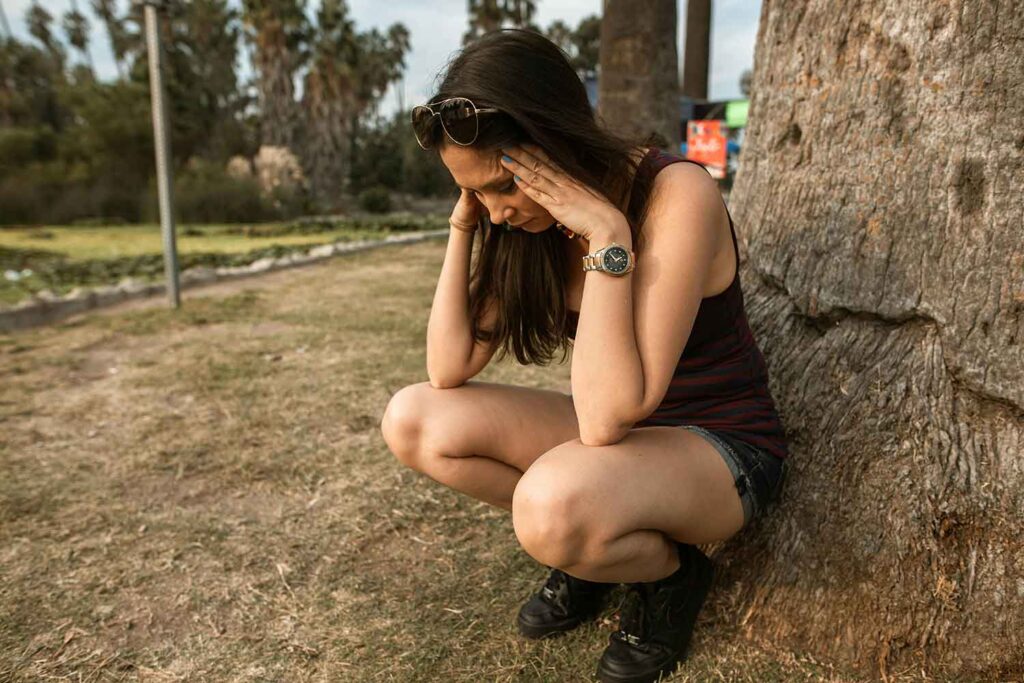What Happens when you Stop Smoking Weed Timeline
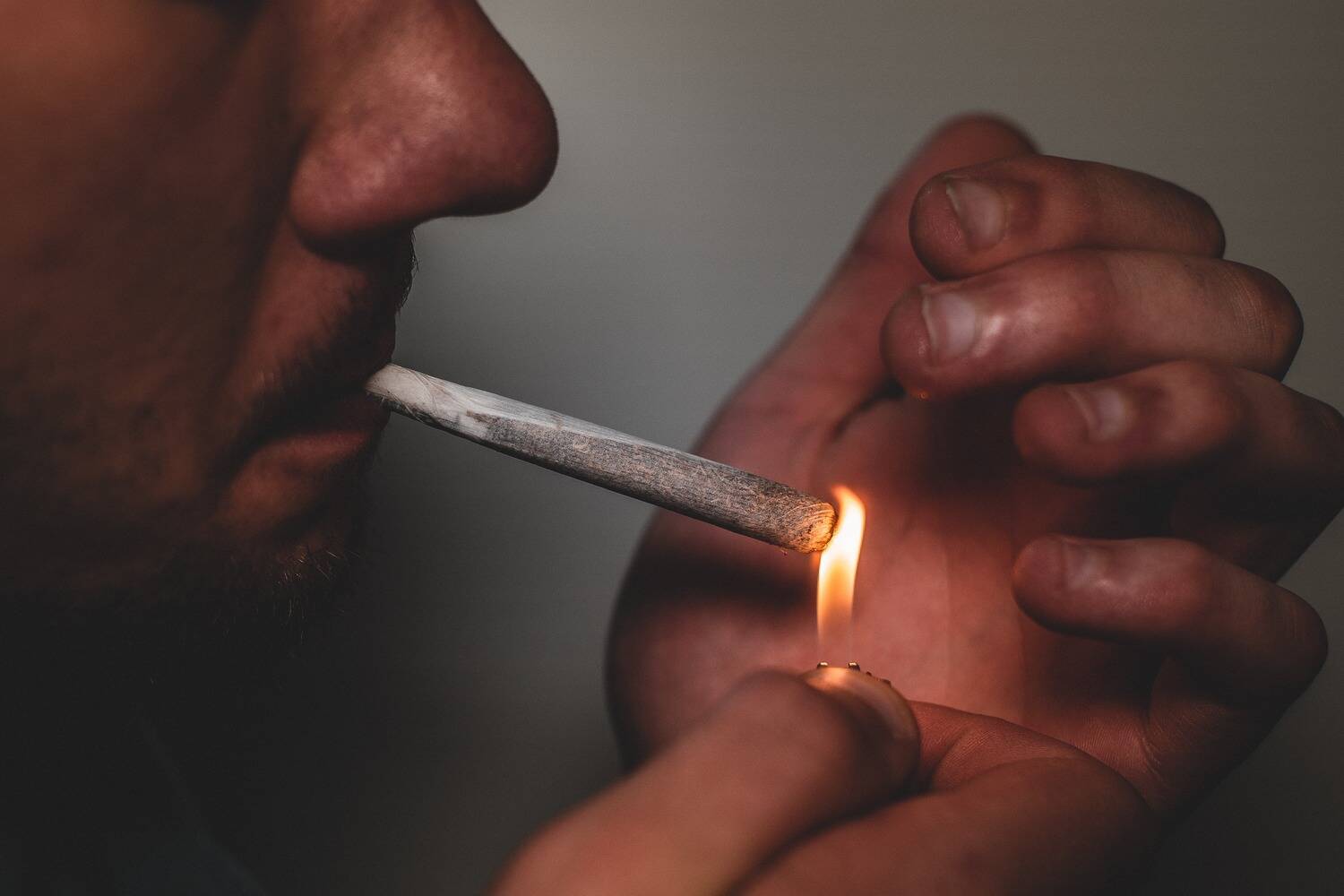
People smoke weed for various reasons, whether recreationally, for medical reasons, or both. However, people also stop smoking for many reasons too. For some people, smoking weed isn’t the ideal method anymore and they want to try something else. Others have a test coming up, want to reduce their tolerance, or just need a break. Have you ever wondered what would happen if you stopped smoking weed? Here’s a timeline of what happens when you stop smoking weed.
Photo: Unsplash
What Happens When You Stop Smoking Weed?
When some people stop smoking weed, they get withdrawal symptoms.
Fortunately, withdrawal symptoms tend to be mild and resolve in about a week.
However, American Addiction Centers say that’s not the case for every stoner. They say that stoners who opt for potent forms of marijuana such as dabs, are more likely to have more severe withdrawal symptoms.
In addition to that, stoners who experience mental health challenges such as Post Traumatic Stress Disorder (PTSD) or anxiety, may also experience more severe withdrawal symptoms.
Let’s look at the timeline of what happens when you stop smoking weed:
Day 1-2
These are the days you are likely to start experiencing withdrawal symptoms according to a 2003 scientific article.
Wondering what symptoms to look out for? Well, a 2001 study says quitting marijuana can result in:
- Craving for marijuana
- Decreased appetite
- Sleep difficulty
- Weight loss
- Aggression
- Anger
- Irritability
- Restlessness
- Strange dreams
Don’t worry, you probably won’t experience all these symptoms, if any. However, the symptoms you may or may not experience vary from person to person.
Day 2-6
American Addition Centers say this is when your withdrawal symptoms will peak in severity.
Medical News Today also says after 2 days without weed, your cannabinoid 1 receptors start to return to normal
Day 6-10
Your symptoms should start to resolve according to the 2003 scientific article mentioned before.
Medical News Today says, “The mood difficulties and physical discomforts of withdrawal peak in the first week of quitting and can last up to 2 weeks.”
Day 10-30
It’s possible that you may still experience withdrawal symptoms, especially the psychological symptoms of withdrawal such as irritability or insomnia.
However, there are solutions out there. For example, there are options available for people who can’t sleep without weed though.
Whatever your withdrawal symptom is, you’ll be able to find solutions to help alleviate them.
In addition to that, Medical News Today says that within 4 weeks, your cannabinoid receptors regain normal functioning.
How to Stop Smoking Weed Everyday
If you don’t want to smoke weed every day, you don’t have to. Many stoners find that smoking weed less can lower their tolerance which is a plus.
Here are some ways you can stop smoking weed every day.
Microdose Weed
If you want to stop smoking weed but still want the medical benefits or want to reduce the severity of your withdrawal symptoms, you can try microdosing weed.
People usually don’t smoke weed when they’re trying to microdose. They opt for other methods.
You can try microdosing weed with edibles or tinctures.
See a Therapist
If it’s difficult for you to stop smoking weed every day, you could be suffering from Cannabis Use Disorder (CUD).
A therapist will be able to help you get to the root of the problem and help you stop smoking weed daily.
American Addiction Centers say when seeking help stoners may be introduced to:
- Cognitive-behavioral therapy (CBT)
- Contingency management (CM)
- Motivational enhancement therapy (MET)
Treat Your Withdrawal Symptoms
If you smoke weed every day and try to stop smoking weed cold turkey, chances are you’re going to experience withdrawal symptoms. Unfortunately, these symptoms may be severe.
However, resuming weed usually stops the withdrawal symptoms. Therefore, if you want to be successful at abstaining from weed, you’ll have to manage your withdrawal symptoms. That way you won’t be tempted to reach for your bong.
Chase Another High
You can feel high without weed. For example, you can try:
- Exercise
- Going out with friends
- Meditate
- Listen to your favorite song
None of these suggestions will perfectly replicate your weed high, however, they can cause your brain to release serotonin and dopamine so you’ll definitely feel good.
Finding other activities other than smoking can also distract you from missing weed.
You can also let your friends know you’re trying to stop smoking weed every day and they can plan great days with you so you don’t miss weed as much.
Put Your Things Away
If you’re serious about not using weed every day, it may help you to put away your bongs and other weed products.
If your stash of weed is not in plain sight, you may forget or at the very least, not be tempted to use it.
The same concept applies to your bong or vape. Out of sight, out of mind, right?
If you know you’ll be tempted to use them anyway, give them to your friends or family members and let them know not to give them back to you until you’re ready to start using weed again.
Takeaway
So, what happens when you stop smoking weed? Chances are you’ll experience withdrawal symptoms if you’re a chronic user of marijuana. The specific symptoms you’ll experience and the severity will vary from stoner to stoner. However, the average timeline of the symptoms is 1-10 days. If you do find yourself with symptoms past that date, you’re not alone. Try solutions available to reduce your withdrawal symptoms.


